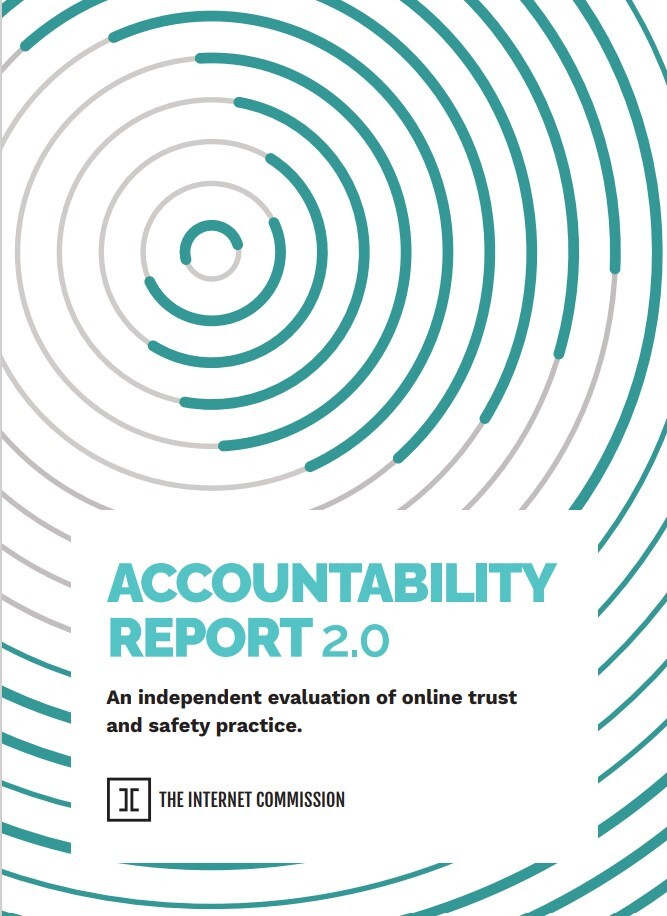Over the last two years, the Internet Commission has gathered evidence from a cohort of six tech companies: Twitch, Tinder, Sony, Meetic, PopJam, and the BBC. In total, 46 trust and safety practices were identified and evaluated. This new report aims to inform policymakers about the challenges faced by online companies, review the tools they have available, and encourage them to embrace digital responsibility.
Key themes:
- User agency: engaging users in the strategic shaping of policy. Leading organisations strategically and systematically incorporate the voices of users when designing and developing their services. Positive online experiences are shaped by attending consistently and fairly to the needs of users, alongside the voices of experts and policymakers.
- Proactive oversight: taking responsibility for social impact. Organisations can change the game by taking responsibility for the impact of their services, including at the highest levels in the organisation. They do this both in the design of their services and operations and through their participation in the development of safety standards. This oversight is especially important when deploying automation.
- Innovation: new technologies can support both safety and freedom. Innovations in identity verification, age assurance and monitoring can provide solutions that protect the safety of users, whilst mitigating the effect on the freedom of others. Considerable commitment, investment and iteration is necessary to find the right solutions and to build trust with users and wider stakeholder groups. The right solutions will vary between different organisations and services.
The report features contributions from former President of Estonia, Kersti Kaljulaid, Professor Chris Hodges, Jeremy West of the OECD, 5Rights chair Baroness Kidron, and Lourdes Montenegro of the World Benchmarking Alliance.
